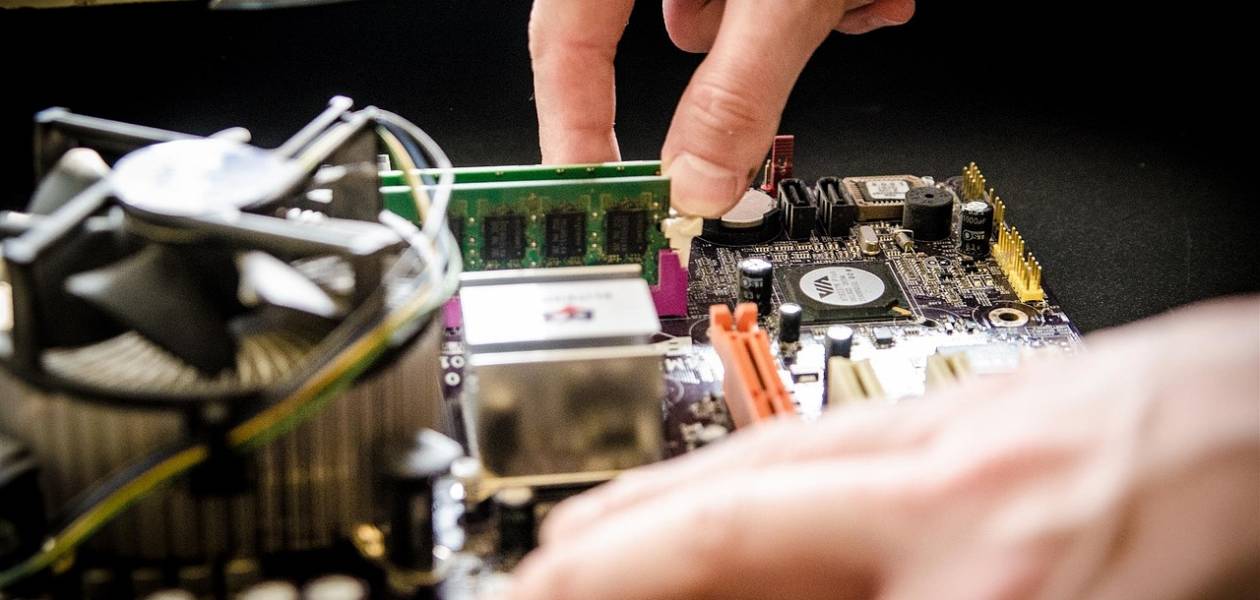|
The European Commission took a step towards better consumer protection in the EU today by proposing two new laws to address vague and misleading green claims, and promote the repair of goods. The European Environmental Bureau (EEB) welcomes the proposals and urges colegislators to boost the ambition and make fast progress in adopting these laws.
The Green Claims Directive [1] will help clear the EU market of unreliable and confusing green marketing, by establishing what companies must do to prove and communicate their green credentials. As consumers increasingly care about the environmental impact of what they buy [2], about 75% of the products on the EU market carry an implicit or explicit green claim [3]; however, more than half of these claims are vague, misleading or unfounded, while almost half of the 230 ecolabels available in the EU have very weak or no verification procedures [4].
The Commission’s proposal sets minimum rules for companies to back up their claims, including a prohibition to use any product rating system that is not based on EU common rules. It also sets minimum transparency requirements for sustainability labels, which will have to be verified by an independent third party, such as the EU Ecolabel, and it establishes a registry of the ecolabels that can be trusted.
Moreover, companies will be obliged to provide independent supporting evidence alongside their green claims, and market surveillance authorities will have to enforce this provision with regular checks and severe penalties in case of infringement.
However, the EEB regrets the lack of a clear ban on carbon neutral claims and on the use of green claims on products that contain hazardous chemicals [5], and urge the European Parliament and national governments to prioritise these provisions during the upcoming negotiations on the Directive.
Blanca Morales, Senior Coordinator for EU Ecolabel at the EEB, said: “The Green Claims Directive is a promising tool to wipe out the misleading claims that muddy the waters of sustainability and make it hard to distinguish between the companies who strive to reduce their impacts and those who just greenwash their products. It is now urgent to crack down on climate-washing claims and to ensure that products containing hazardous substances are not sold as green.”
From green claims to green actions, the Directive on Common Rules Promoting the Repair of Goods [6] was also announced this morning. The EEB and its partners in the Right to Repair Europe [7] campaign welcome this attempt to make repairs more accessible to the benefit of consumers and the environment alike, but warn that these changes are only a drop in the bucket that makes the right to repair a reality.
This proposal is the EU’s first direct effort to increase European consumer awareness of their options regarding repair, which is vital to a circular economy. NGOs welcome in particular the obligation for each Member State to create an online platform listing repairers, refurbishers, and used-device buyers. Such a registry will help consumers navigate their options when seeking repair, simplify circular behaviours, and legitimise the role of independent repairers.
However, campaigners fear many of the obligations towards producers may be fraught with loopholes and are easily circumvented. Currently, the so-called ‘obligation’ to repair is limited to products that are already subject to repairability requirements, all the while sparing more problematic product groups. It is further only obliged upon consumer's request, banking on lower consumer awareness, which does little to shift away from the status quo.
Orla Butler, Associate Policy Officer for Circular Economy at the EEB, said: "While a promising first step, today’s proposal falls short of 'establishing a new right to repair' as promised the Circular Economy Action Plan. Consumers and the environment need a repairable and sustainable future, the road to which is paved by a repair law applicable to all products, with ambitions to safeguard consumer autonomy to repair their devices and prevent unnecessary waste.”
Sources : European Environmental Bureau
|







Comments